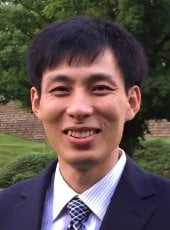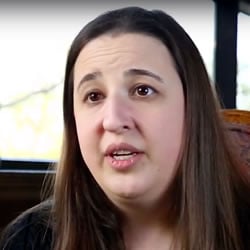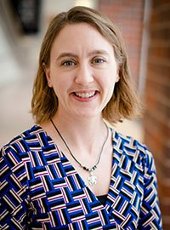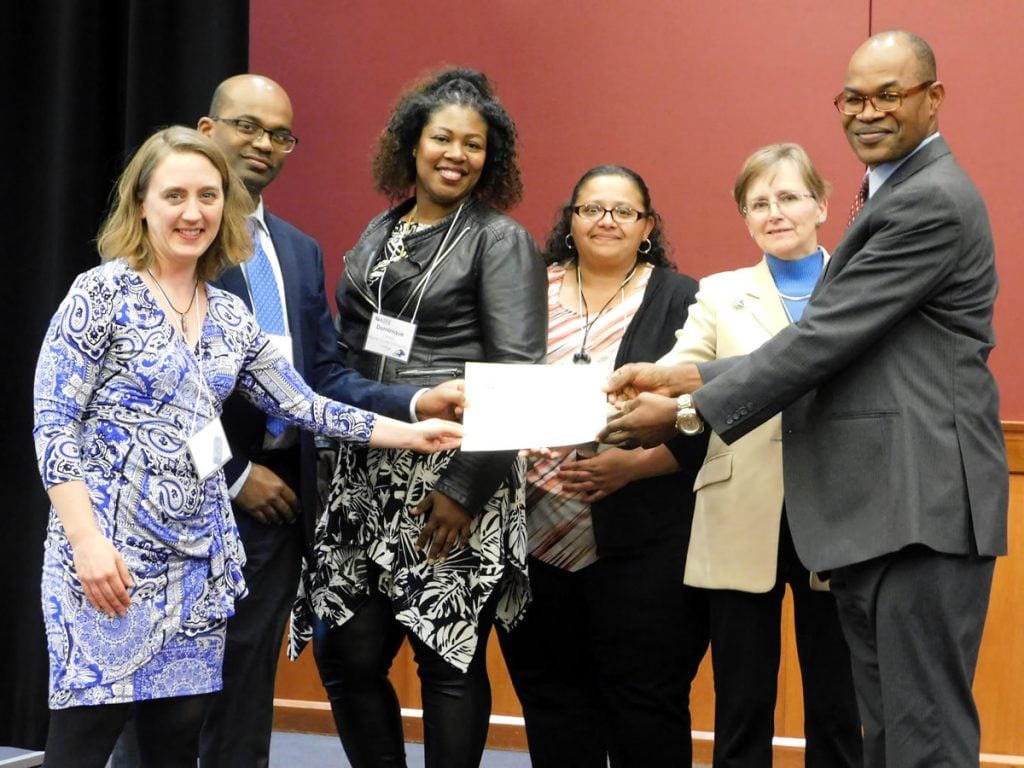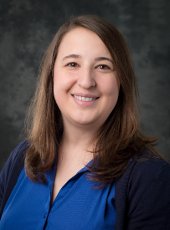
Work by Rebecca Ong (ChE) and colleagues at the University of Wisconsin-Madison and Michigan State University was highlighted by the Department of Energy, Biological and Environmental Research (BER).
The work compared experimental fuel yields from five different potential bioenergy feedstocks and determined that a lignocellulosic ethanol refinery could use a range of plant types without having a major impact on the amount of ethanol produced per acre.
Diverse Biofeedstocks Have High Ethanol Yields and Offer Biorefineries Flexibility
Evidence suggests that biorefineries can accept various feedstocks without negatively impacting the amount of ethanol produced per acre.
Refineries to convert biomass into fuels often rely on just one feedstock. If the refineries could accept more than one feedstock, it would greatly benefit refinery operation. Scientists at the Great Lakes Bioenergy Research Center investigated how five different feedstocks affected process and field-scale ethanol yields.
